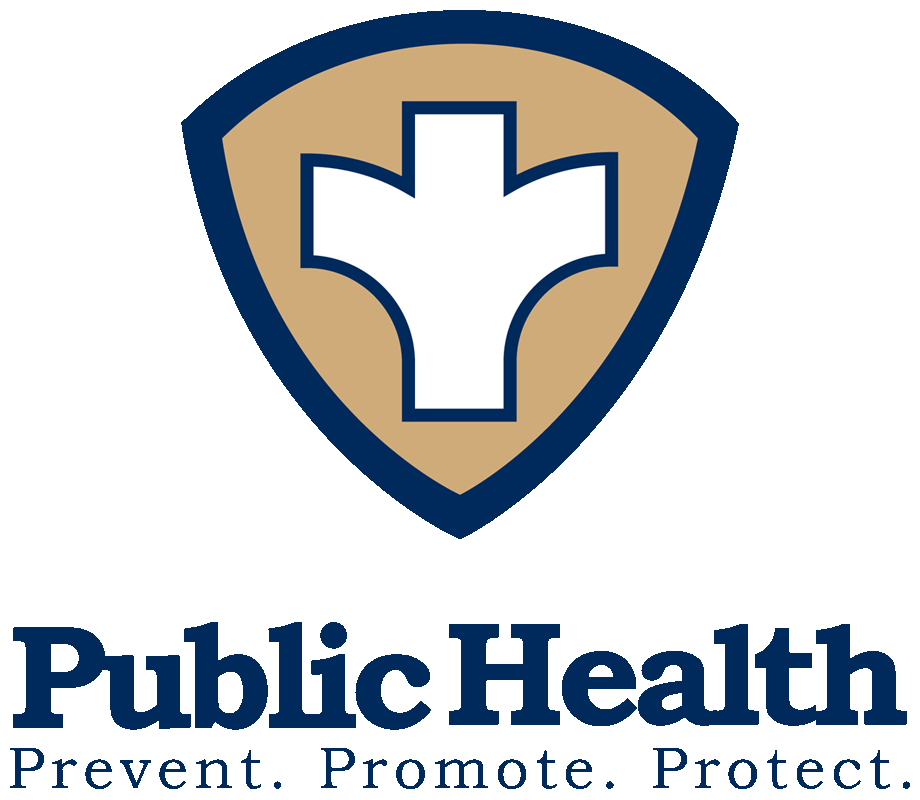FLU Vaccines are available now!
The best way to protect yourself and your loved ones against influenza (flu) is to get a flu vaccine every flu season. Flu is a contagious respiratory disease that can lead to serious illness, hospitalization, or even death. CDC and NCPHD recommends everyone six months and older get an annual flu vaccine.
What are some key reasons to get a flu vaccine?
Every year, flu vaccination prevents illnesses, medical visits, hospitalizations, and deaths.
Flu vaccination also is an important preventive tool for people with chronic health conditions. For example flu vaccination has been associated with lower rates of some cardiac events among in people with heart disease.
Vaccinating pregnant women helps protect them from flu illness and hospitalization, and also has been shown to help protect the baby from flu infection for several months after birth, before the baby can be vaccinated.
A 2017 study showed that flu vaccine can be life-saving in children.
While some people who get vaccinated still get sick, flu vaccination has been shown in several studies to reduce severity of illness
Why is it important to get a flu vaccine EVERY year?
Flu viruses are constantly changing, so flu vaccines may be updated from one season to the next to protect against the viruses that research suggests will be common during the upcoming flu season.
Your protection from a flu vaccine declines over time. Yearly vaccination is needed for the best protection.
Is the flu vaccine safe?
Flu vaccines have a good safety record. Hundreds of millions of Americans have safely received flu vaccines over the past 50 years. Extensive research supports the safety of seasonal flu vaccines. More information about the safety of flu vaccines is available at cdc.gov/flu
What kinds of flu vaccines are recommended?
There are several licensed and recommended flu vaccine options this season:
Standard dose flu shots made from virus grown in eggs.
Shots made with adjuvant and high dose for older adults.
Shots made with virus grown in cell culture instead of eggs.
Shots made using a recombinant vaccine production technology that does not require the use of a flu virus.
Live attenuated influenza vaccine (LAIV, the nasal spray vaccine), which is made with live, weakened influenza viruses. It is an option for people 2 through 49 years of age who are not pregnant.
What are the side effects of flu vaccines?
Flu shots: Flu shots are made using killed flu viruses (for inactivated vaccines), or without flu virus at all (for the recombinant vaccine). So, you cannot get flu from a flu shot. Some minor side effects that may occur include soreness, redness and/or swelling where the shot was given, low grade fever, and aches.
Nasal spray flu vaccines: The viruses in nasal spray flu vaccines are weakened and do not cause the severe symptoms often associated with influenza illness. For adults, side effects from the nasal spray may include runny nose, headache, sore throat, and cough. For children, side effects may also include wheezing, vomiting, muscle aches, and fever. If these problems occur, they are usually mild and go away on their own, but serious reactions are also possible. Almost all people who receive flu vaccine have no serious problems from it.
When and Where to get vaccinated?
You should get a flu vaccine by the end of October. However, as long as flu viruses are circulating, vaccination should continue throughout flu season, even in January or later.
FLU Vaccine Locations
North Central Public Health District
419 E 7th Street The Dalles, Oregon 97058
1-541-506-2600
MCMC/Adventist Health Family Medicine
1620 E 12th Street The Dalles, Oregon 97058
1-541-296-9151
MCMC/Adventist Health Pediatrics
1935 E 19th Street The Dalles, Oregon 97058
1-541-506-6520
MCMC/Adventist Health Internal Medicine
551 Lone Pine Blvd The Dalles, Oregon 97058
1-541-506-6920
One Community Health
1040 Webber Street The Dalles, Oregon 97058
1-541-296-4610


